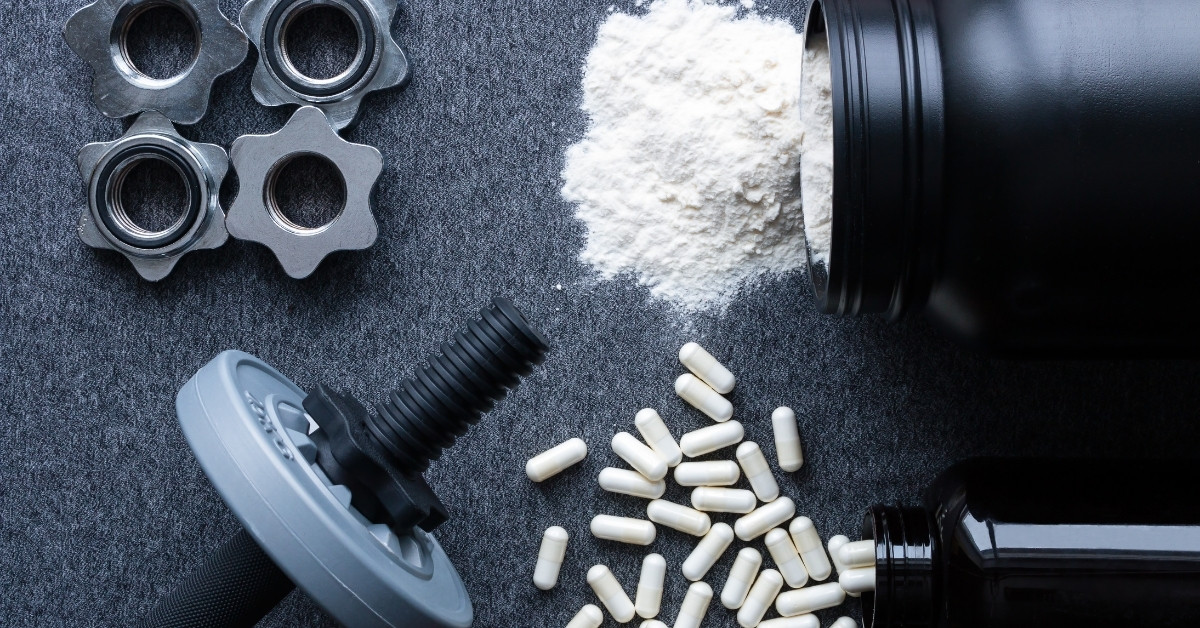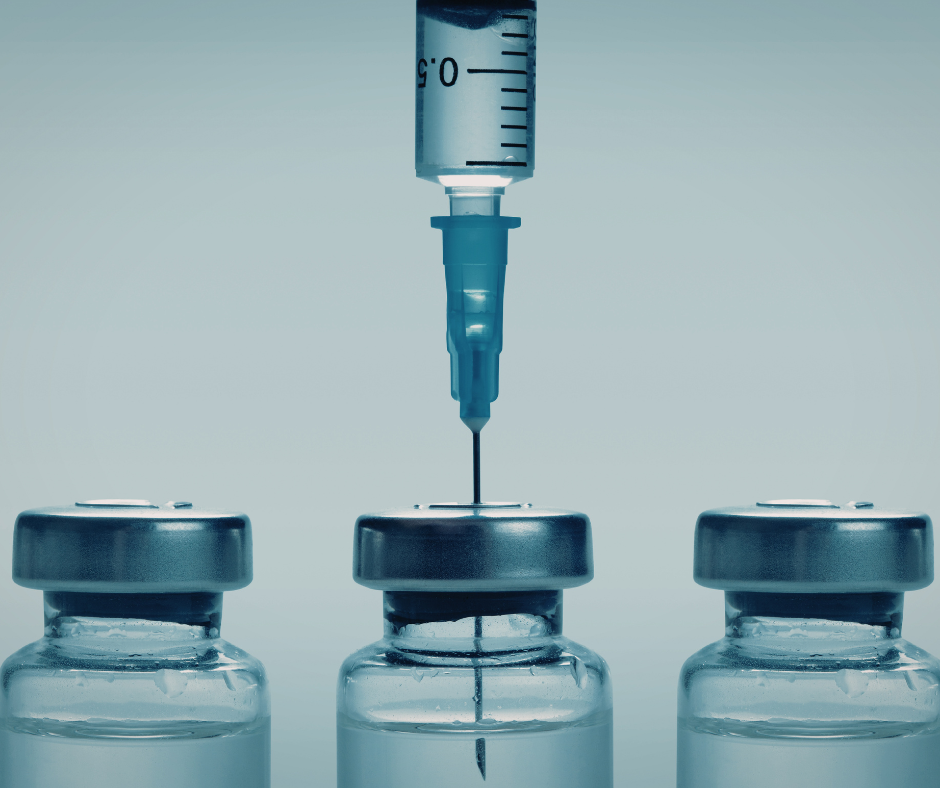Creatine is all the talk when it comes to people into fitness. This topic can be a bit controversial for some, but the reality is that you are likely eating creatine regularly. For instance, eating meat, like a steak, can cause your liver and kidneys to create creatine from these amino acids. Supplements act similarly, triggering the body’s ability to produce creatine, which is then transferred to the muscles as cellular energy. You can learn the basics of creatine and when you should take it by reading on.
What is Creatine?
Creatine is a highly effective tool for helping people recover between their workout sets. This has been proven to be an effective supplement for those hoping to improve their performance when repeating rounds of intense exercise. This is a product that can date as far back as the 1970s when Soviet athletes used this during the 70s and 80s to dominate the competition.
When you combine creatine with weight training, creatine can slow the natural bone loss that you experience as you age. Many people notice an improvement in their training volume and strength within the first week. However, you should know that this isn’t some magic pill that will instantly grow muscle mass. You still need to put in the work to achieve your goals.
It’s also important to mention that this isn’t necessarily the best option for everyone. For those who want to get stronger, you can usually get enough creatine naturally through an improved diet. However, if you’re an athlete, bodybuilder, or into CrossFit, this can give you the physique or performance edge that you are looking for.
Benefits of Creatine
There are a few benefits of taking creatine that you can consider when deciding whether or not this is the best choice for your needs. One of the benefits that you can receive by taking creatine is that it can modestly improve the strength of your upper and lower body in people of all ages. This is the most common benefit that people want when adding creatine into their routine.
Muscle mass isn’t the only reason why this is a great product to use. It can also help you if you have trouble sleeping. When you have difficulty sleeping, you don’t have the mental performance you have when you are fully rested. A creatine supplement can offset this foggy feeling caused by sleep deprivation.
Lastly, creatine can be an effective tool in fueling your body for short-duration, high-burst activities like HIIT. You can get an energy burst that improves your jumping performance, increases strength, and faster sprinting.
When to Take Creatine
Should you only supplement on days when you work out? If so, when should you take it? Do you need to take it on your rest days? These are all questions that users want to know. Researchers are trying to find the best time to take this on days you work out, but there has not been any conclusive data. In this section, you can see all of the different options for taking creatine to determine which one works best for you.
Taking Creatine Supplements on Exercise Days
One option is to take creatine after your workout. Some researchers note that this is the best time to take this supplement. However, other researchers state that there’s no real difference between taking this before or after exercising.
It was discovered that when you take creatine, your workout does matter. You can take this supplement either before or after working out, but you need to take it shortly before or after to optimize taking this supplement. The closer you take this medication to your workout, the better results you get. You do have the option of splitting your dose, taking part before you exercise and the rest after.
Unfortunately, there’s no definitive science about when you should take this product on your workout days. You could try to take the “trial and error” approach, where you take this medication at different times to see if you notice something that works well for you. This can be especially important since people tend to react differently to creatine. What works for you may not work for others.
Taking Creatine on Rest Days
The timing of when you take creatine on rest days isn’t as important as it is on days when you are exercising. The sole reason for taking creatine on your rest days is to maintain elevated creatine levels in your muscles. As you first start taking creatine, it’s recommended that you start with a “loading phase.” This means that you take higher amounts (around 20 grams) of this supplement for about five days.
You do this because it can help increase the levels of creatine content in your muscles for the next couple of days. After these five days, it’s recommended that you reduce your dosage to a maintenance dosage (between 3 and 5 grams). If you are taking maintenance doses of creatine, the reason to continue this even on rest days is to maintain creatine levels in your muscles. In that case, there’s no real difference in taking these at different times. But you should take this product with a meal as this can improve the effectiveness of the creatine.
Conclusion
If you are trying to optimize your workouts to get improved gains, you may want to consider creatine as part of your routine. This is a highly effective supplement that mimics actions in your body to get optimal muscle mass and stamina when working out. Every little bit helps, especially if you want to get an edge in your workouts. When taken correctly, you can significantly benefit from using this supplement to help you achieve your fitness goals as long as you put in the necessary effort.






